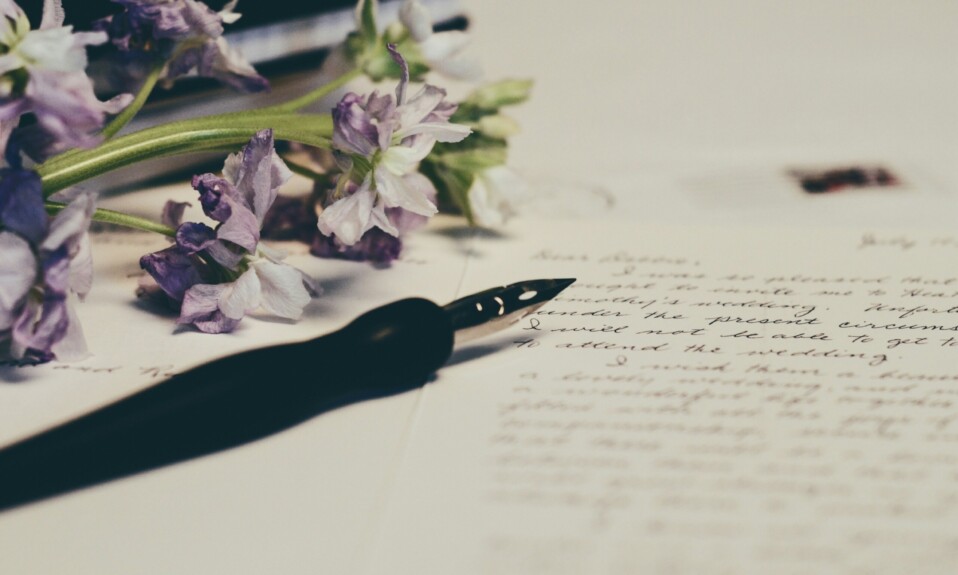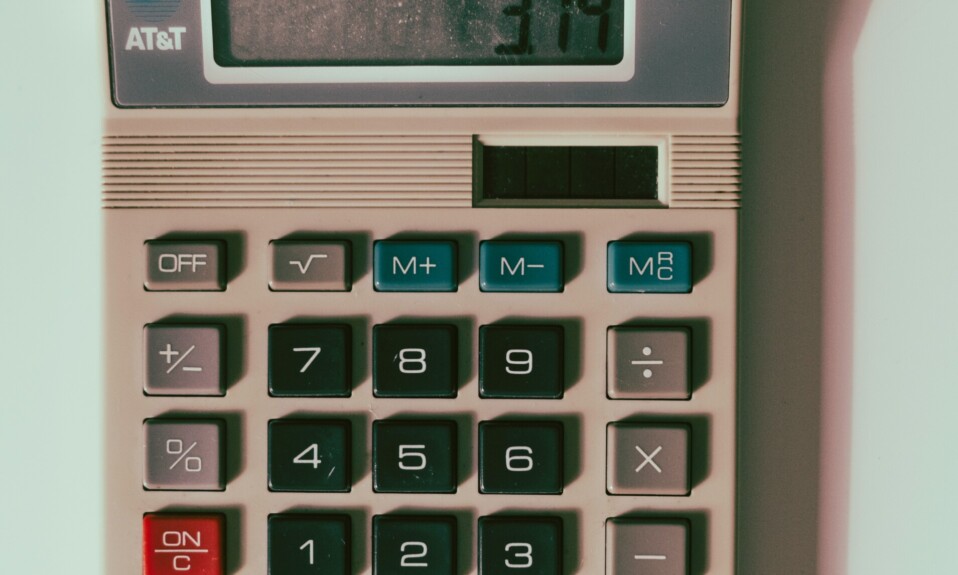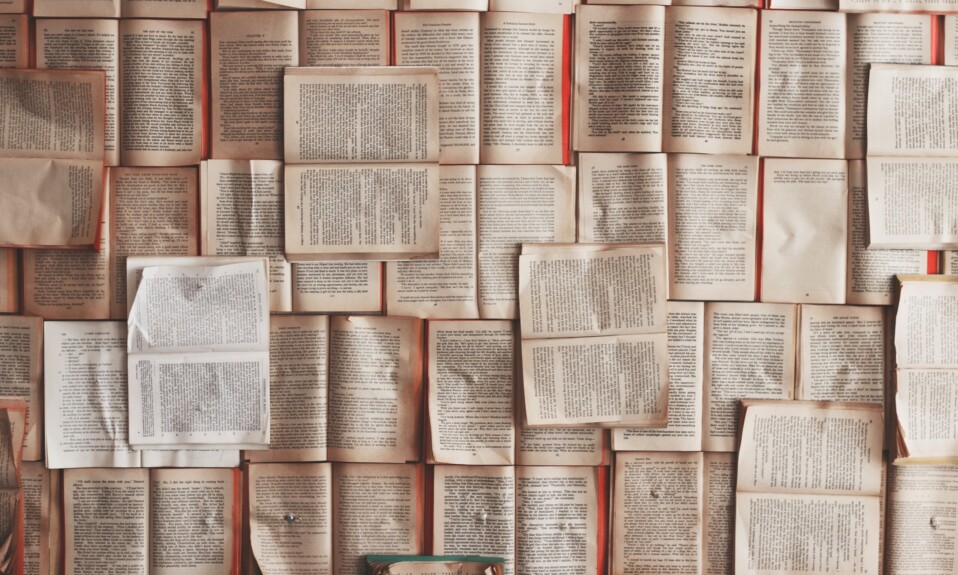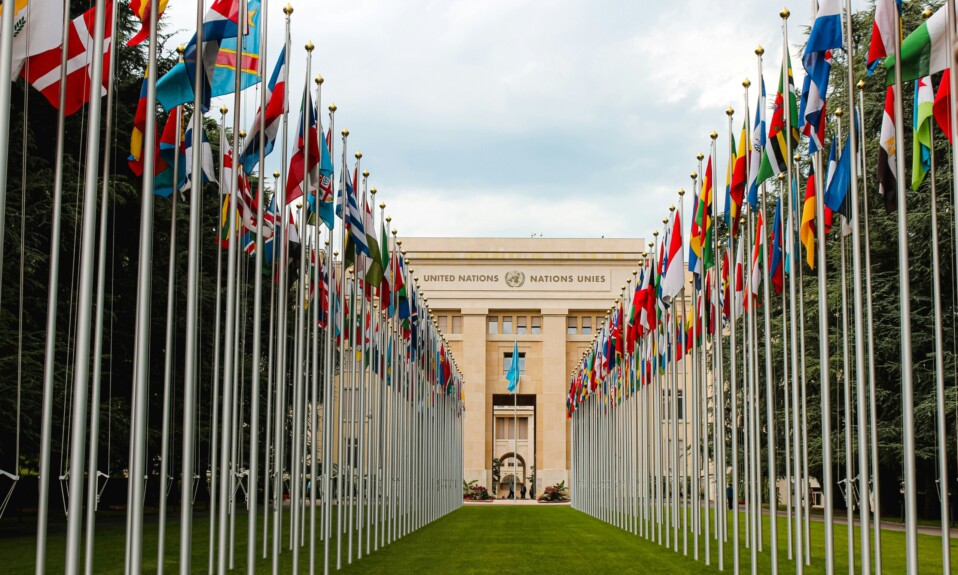Author
Affiliation
Course
Instructor
Due Date
Temperature and Heat
Question 1
Converting the temperature to Kelvins = + 273 = 280.9 K
Answer: 280.9 K
Question 2
Mass of brass cylinder in grams is 71.5 g
Question 3
C = , mass is 71.5 g and is 280.9 K
= 0.00004979Q J/gm-K.
Using the given value of Q, the value of C is approximately 0.38J/gm – K.
Answer = 0.38J/gm – K
Question 4
Final temperature measured = 25.7°C = 298.7°C
Converting the mass of brass to Kg =
Temperature of brass = 87
Temperature change of brass = 360-298.7 = 61.3K
The amount of energy the hot brass lost and delivered to the water;
H = m×s× = = 1665.521J
Answer: 1665.521J
Question 5
Final equilibrium = 298.7K
Temperature of water prior to inserting the hot brass = 23.7 = 23.7 +273 =296.7 K
Temperature change in K = 298.7K – 296.7 K = 2 K
Question 6
Specific energy of water can be obtained from rearranging the formula of heat energy to make the specific energy.
S = H/m
At equilibrium the amount of heat delivered is equal to the heat absorbed. Therefore H for water = 1665.521J
S = = 6619.72 J/kg-K
= 6.62 J/gm-K
Question 7
6619.72 J/kg-K is the specific heat of water obtained in the experiment which is equivalent to 1cal/gm-K.
There are 4.184 joules in a calorie.
The difference arises from experimental errors such as:
a. Heat lost to surroundings while still taking the measurements.
b. Human errors, which are experienced while taking the temperature readings.
c. Instrumental errors. These errors occur due to experimental precision such as in the thermocouple being inaccurate leading to incorrect results.
Question 8
Pdf file
Question 9
To calculate the energy required to heat water from room temperature to its boiling point and then make it come to a boil, consider both the sensible heat and the latent heat.
Q = m. C. + m.L where L is the heat of vaporization.
Room temperature is 23
100 – 23 = 77
Amount of water used = 1 litre = 1000grams
Q = 1000* 4.184J/g * 77 + *2260J/g
Q = 324,428J.
So, for 1000g of water, you need 324,428J of energy to heat it from room temperature to its boiling point and make it to come to a boil.
Question 10
Time required to boil water = 4 minutes = 4*60 = 240s
E = Pt. Therefore, P = E/t = 324,428/240 = 1351W
Efficiency of the kettle = =
To find the value, I found the power taken to boil the water by dividing the energy obtained in #9 with time taken to boil the water which was 240 seconds. After obtaining the power, I calculated the efficiency by comparing the obtained power with the energy taken from electrical supply which is 1500 watt, then expressed then as a percentage.
Answer:
Additional questions
R of a fiberglass
R = d/Ka
Convert the thickness from inches to meters; 6*0.0254 = 0.1524meters
In American Units:
= 27.24
The small pig that used bricks would make the best insulator because bricks have the highest thermal conductivity compared to the other materials. Thus, bricks provided the highest level of thermal resistance, which keeps the cold air outside and the heat inside the home.
To calculate heat current out of the house built by pig number 2, the formula; is used; R was obtained as 3.9K/W.
Inside temperature is = 20+273= 293 K
Outside temperature = 273 K
293 K – 273K = 20K.
Rearranging the equation to solve for Q:
Q = * = 20K *3.9K/W = 78W.
Answer = 78 watts.
Calculating the heat flow and power requirement for the heating system:
Heat transfer through insulation: Q =
For a surface area of 200m^2, and thermal conductivity of glass is 0.039W/m.K.
= 20-0 = 20
D is the insulation thickness of 15cm
Q = = = 21,333.33W
Heat flow
The power requirement = heat flow This is because all the heat produced by the system is used to maintain the indoor temperature at 20.
Adding two south-facing windows that accept sunlight would likely reduce the heating requirements on a sunny day due to the direct solar heat gained into the indoor space.
Adding two south-facing windows with 1 kW solar energy gain per square meter each; results in a total solar heat gain of 2 kW. Despite thermal insulation, some heat is conducted through glass and frame. The solar heat gained directly reduces indoor heating requirements on sunny days, with heat distribution influenced by room factors. Overall, these windows can significantly decrease the need for additional heating.
Question 8
a. To find the mass of water used to melt the ice;
Mass of empty cup = 2.5g
Total mass of boiling water = 140.6g
Mass of water used to melt the ice = 140.6 -2.5 = 138.1g
b. To find the mass of ice that was melted;
Mass of ice and hot water = 185.7g
Therefore, mass of ice = 185.7 – 140.6 = 45.1 – 2.5 = 42.6g
c. To find the temperature change of the water;
Initial temperature = 97.1℃
Final temperature = 43.3℃
∆𝑇 = 97.1 − 43.3 = 53.8℃
d. Energy in joules delivered by the water to the ice:
H = mst where m is mass, s the specific heat of water and t the temperature change.
Mass in kg = 138. 1 × 10−3
Temperature change in kelvins = 53.8 +273 = 326.8 K
Specific heat of water = 380J /kg-K
H = 138. 1 × 10−3 ×380J /kg-K×326.8 = 17, 150 Joules
e. Finding the heat of fusion of ice measured in J/gm-K:
At equilibrium the amount of heat delivered is equal to the heat absorbed.
q = m·ΔHf
Since we are finding the heat of fusion in J/gm –K, we will use the heat energy formula and
solve for s.
S = H/mt = 17,150 Joules
(42.6×10−3)×(326.8−274)
= 7624.66J/kg-K
The initial temperature of ice is 1℃ = 274𝐾
= 7.625 J/gm-K.










